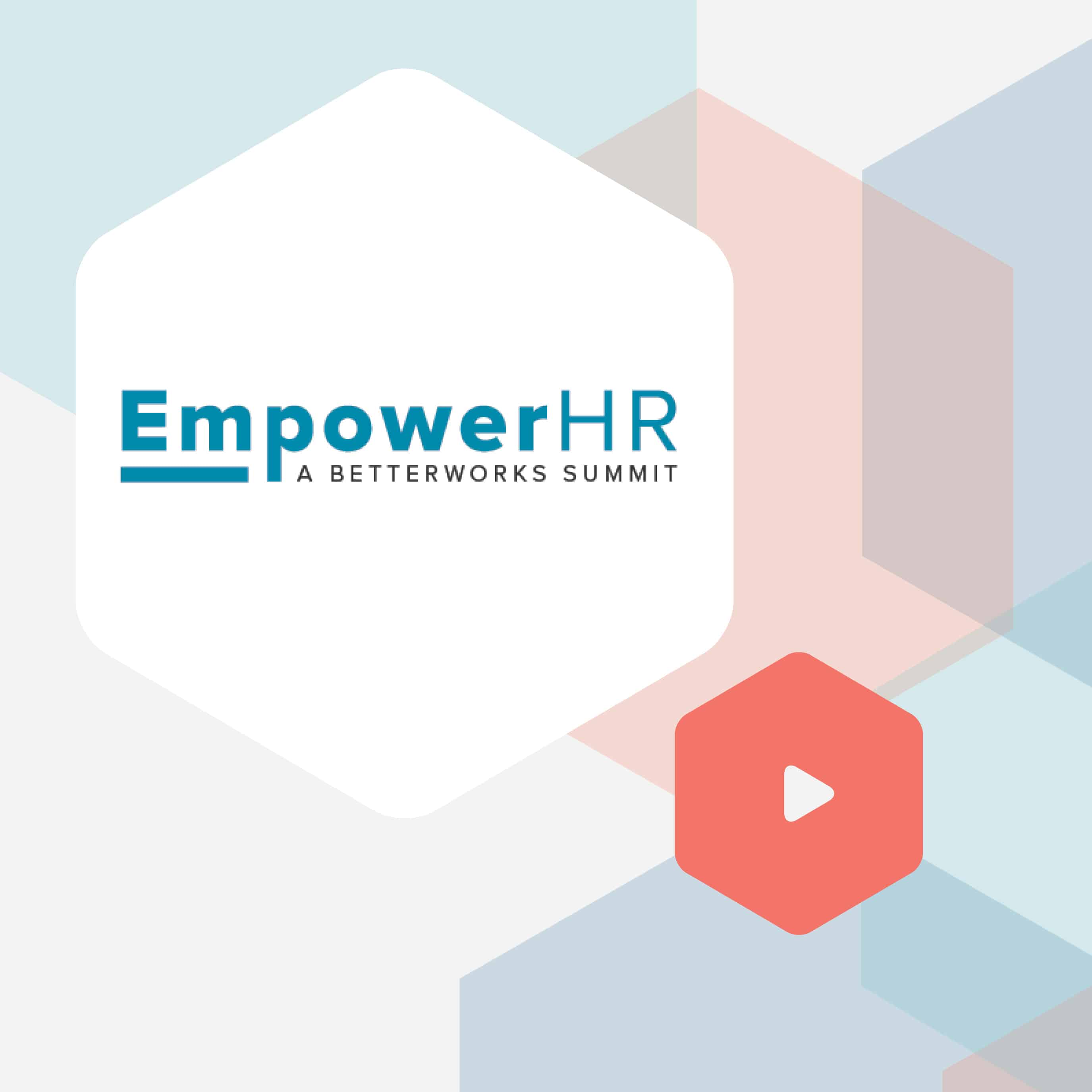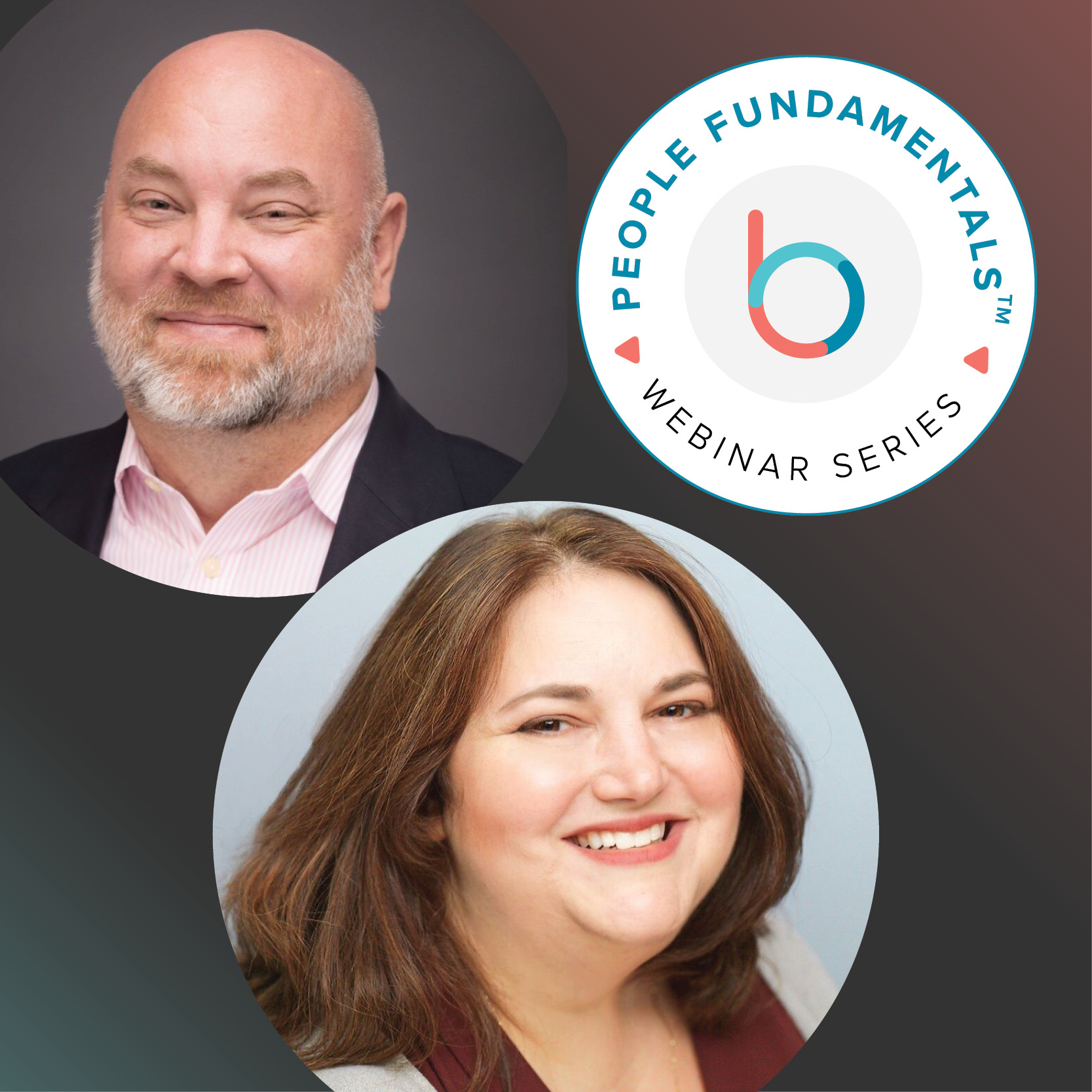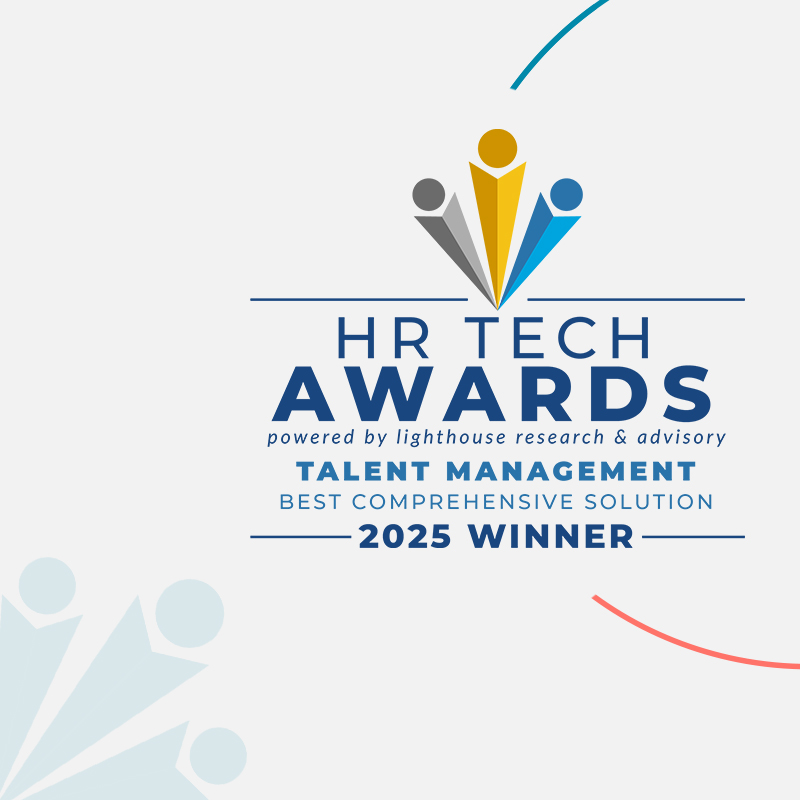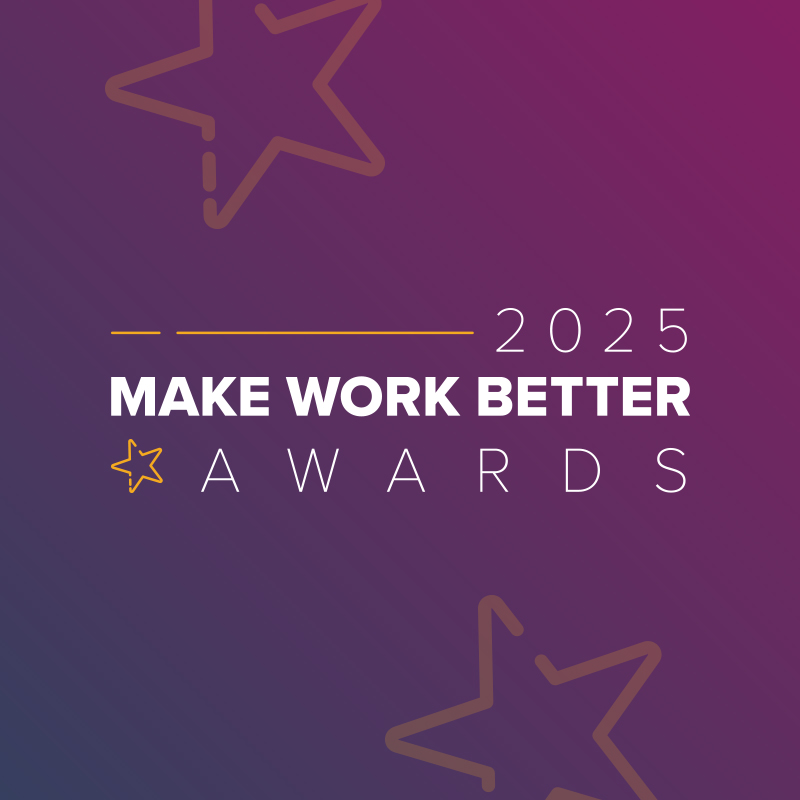Not to toot our own horn but… this year’s EmpowerHR: A Betterworks Summit was incredible! Our theme this year was: lead from anywhere, succeed everywhere. And that’s exactly what we want to empower you to do. Attendees had the opportunity to tune in to our virtual conference and hear from industry leaders and peers, as well as Betterworks’ thought leaders, who shared actionable insights on how to help your organization lead and succeed at every level.
Why? Because now more than ever, business leaders must be confident that their teams can move the needle and produce results from anywhere. At the same time, employers are being called to improve and maintain a company culture and employee experience like never before in this new hybrid work environment. All this to say – it is a crazy time to manage performance and company growth, and we want to make sure you’re prepared for the upcoming year.
And just because our conference has come and gone doesn’t mean you have to miss out. All session recordings can be watched right from here, and the key takeaways are shared below. So keep reading!
Indra Nooyi shared her insights on leadership and women in the workplace
CEO of Betterworks, Doug Dennerline, opened EmpowerHR with a welcome speech about the state of the HR industry and the state of our world before sitting down with former CEO and Chairman of PepsiCo, Indra Nooyi.
Indra and Doug opened with a discussion about what it means to be a thoughtful CEO in today’s work landscape, and Indra shared that the first thing she did as CEO of PepsiCo was to pause for a time to plan and consider “the mega-trends of the next 10-15 years.”
Additionally, Indra stressed that the next 18 months would be critical for companies, encouraging all listeners to take the time to experiment with several new models of work. She stressed that “now is the time to continually iterate and truly discover what works for your teams. It’s not as simple as flexible or hybrid. Take the time to survey your workers and learn about their needs. Ask yourself, how can I be equitable and fair to all team members?”
Indra and Doug closed with a discussion about women in the workplace and the importance of supporting families, not just individuals, with their work. After all, this pandemic has blurred the lines between family and home, piling additional stress and responsibilities onto women in particular. This has resulted in approximately 2 million women leaving the workforce since the pandemic began.
“The future of work should support childcare structures and families so employees feel supported and can do their best work,” Indra concluded.
Our speakers examined the nature of performance and hybrid work
The old model of performance management is dead; what we see replacing it is a culture of coaching and high performance that’s become more important in today’s remote and hybrid world.
Joan Goodwin, Performance Management Market Leader at Deloitte Consulting, and Michaela Schoberova, Worldwide Director of Leadership and Development and Global HR at Colgate-Palmolive Company, examined performance management within a hybrid world, including why they are adopting a performance enablement approach with their teams.
Michaela shared how her team set out to reimagine how they approach performance. Valuable conversations became the focus at Colgate. The team then engaged with Betterworks in order to make their engagement and conversations process continuous throughout the year. This especially applies to the new managers Colgate is working to train.
“Whether it is providing resources or removing barriers, ongoing coaching must be provided for managers and teams,” Michaela said.
Meanwhile, Deloitte’s workforce analyses have shown that many organizations are struggling with the tension between workforce sentiments and organizational priorities. Workers are also leaving organizations due to a disconnect between learning and development. The old models of performance management don’t support those employees looking to build new skills and capabilities.
“We have to facilitate workforce development experiences for employees. Managers should coach performance and be intentional in connecting people and identifying the skills and opportunities that they need to grow for their future,” Joan said.
Additionally, organizational psychologist and Betterworks Principal Implementation Consultant, Caitlin Collins, gave an insightful talk on how OKRs can be coupled with performance. Key findings include:
- We have evolved to really understand the power that coaches and leaders have to help develop and enable our employees – there’s more to being a boss than just enacting strict supervision – managers should enable their teams.
- Many organizations are examining the wrong data in order to drive decision making for compensation and performance.
- Linking OKR achievement directly to performance or compensation has damaging consequences and creates a situation where employees sandbag their own potential so that they can control the outcomes, which leads to a lack of innovation.
- Rather than limit, OKRs should include stretch goals that encourage innovation.
We learned how to bake DEI into existing performance management programs
Rocki Howard, Chief People & Equity Officer of The Mom Project, and Lenietta Hunter, People & Culture Partner at Conviva, shared their insights about the and successes of their DEI programs and their struggles.
Unsurprisingly, the secret to the success of their programs has been proper planning and measurement.
“The more you manage your journey, set clear goals, assess your OKRs and be specific about them, the better your DEI program will be,” Lenietta said.
“Measure success by the benchmarks according to your organization and goals. Don’t try to keep up with the virtual or other performative Joneses,” Rocki said.
Both women agreed that “fear of the unknown” was often the biggest barrier to DEI within an organization and they reminded the audience that diversity is multidimensional and that most organizations have a long way to go before they reach true representation.
“There are dimensions to diversity. And 70% of the companies that you know are only at a level 1 or 2 in their DEI journey,” said Rocki.
Nonetheless, it’s imperative that this valuable DEI work happen now. According to Anne Fulton, CEO & Founder of Fuel50 – companies with leadership in the top quartile for gender diversity were 15% more likely to have financial returns above their industry median. And companies with leadership in the top quartile for racial and ethnic diversity were 35% more likely to have financial returns above their industry median! You can learn more about these statistics and others in her talent mobility best and practices research discussion.
The importance of learning and development was reaffirmed by multiple speakers
Chief Learning Officer at Udemy, Melissa Daimler, shared her research around the importance of learning, development, and upskilling and how it relates to today’s work culture. “Company culture is defined as your behaviors, processes, and practices. Everybody owns culture,” said Melissa.
And while all employees contribute to company culture, having a culture fueled by learning is driven by management techniques that foster curiosity and drive.
“The role of the manager has always been key, but they took on even more during this pandemic. Everyone is thinking about how to work through their day-to-day with more flexibility. The manager has become more of a coach, advisor, and empathetic listener,” said Melissa.
Well-trained and supported managers are the key to developing internal talent and addressing organizational capabilities. “Our skill mapping right now is focused on leadership skills and power skills, and it’s happening fast,” Melissa concluded.
We looked ahead to 2022, and beyond!
Josh Bersin delved into his lessons learned for 2022, sharing that:
- Hiring will be the number one challenge for next year.
- Listeners should look inward and examine the skills and capabilities within their teams because in 2022, building a talent marketplace will be happening in real time.
- A sense of purpose, a sense of growth, a sense of mission, and a sense of trust are what really matter to employees.
- If we make it easier and clearer for people to do their jobs effectively, and we reward them psychologically as well as financially for doing those jobs, employees will be happier.
- Finding ways to leverage performance management tools to facilitate upskilling programs for workers will be imperative next year.
And last but certainly not least, Chairman of Kleiner Perkins, John Doerr, sat down with COO Betterworks, Andrea Lagan, to discuss the state of the world and his new book, Speed & Scale: An Action Plan for Solving Our Climate Crisis Now.
For those who are interested in learning how to leverage operational excellence to combat climate change, John’s entire net-zero emissions by 2050 plan is completely free on his website.
EmpowerHR was a completely virtual conference – meaning all our incredible sessions were recorded and are free to view online anytime. We’d love to hear what you think of these impactful presentations, and we encourage you to share your thoughts with us on Twitter!
If you’d like more great content and would like to learn more about the Betterworks platform, reach out to one of our team members today.



